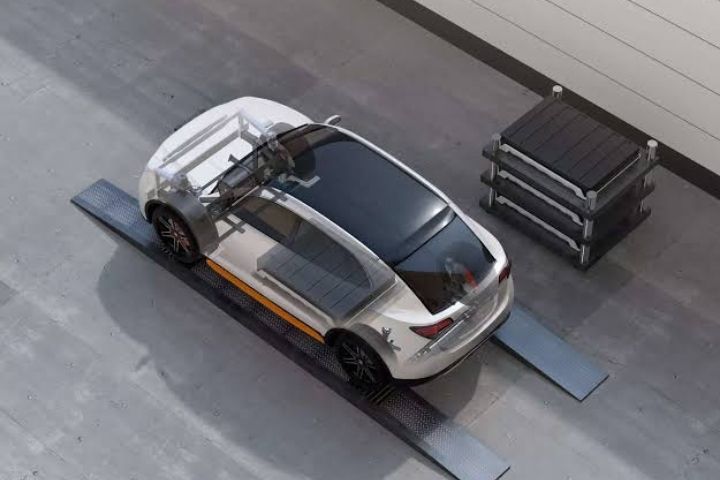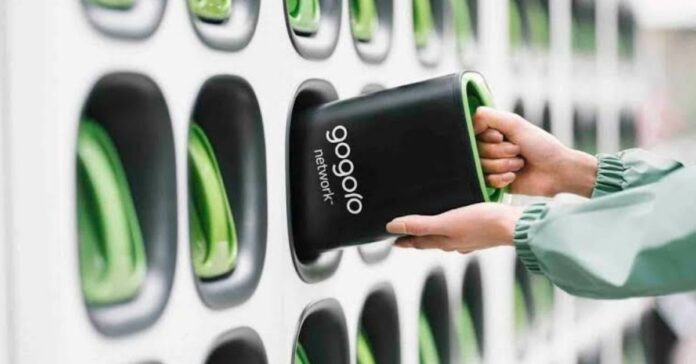Union Budget 2022 : Finance Minister Policy On Battery Swapping
Electric vehicles (EVs) are rapidly becoming an integral part of our daily life. In reality, sales in 2021 represent a tremendous increase in EV adoption in the country. In India, 3,29,190 electric cars were sold in 2021, a 168 percent increase over the 1,22,607 units sold the previous year. 2-Wheelers and low-speed L3 Category 3-Wheelers are the most common electric vehicles, with a combined market share of 90%. It’s no surprise, therefore, that the Indian government is planning forward for the segment’s future. Finance Minister Nirmala Sitharaman revealed in the Union Budget 2022 that the government will implement a battery swapping programme for electric vehicles in the country.
Battery-Swapping Policy

While battery shifting may be a time-consuming operation for vehicles, it is a no-brainer for two-wheelers and even three-wheelers. Battery switching will help transform the most expensive component in an electric car – the battery – into an operating expense, lowering the vehicle’s price and putting it on pace with its fossil fuel counterparts.
A battery switching station is anticipated to cost Rs. 8-9 lakh, minus battery prices, making it a feasible and low-cost enterprise. A battery swapping strategy will aid in the widespread use of batteries as a service. This will lower the initial cost of ownership for electric vehicles and relate that cost to vehicle usage. Because electric cars are less expensive to operate, the overall operating costs including battery service will be quite low.
The Industry Welcomes The Decision
Deloitte India Partner and Automotive Leader Rajeev Singh stated, “Battery swapping policy including interoperability could be a big booster for all the start ups already working in this space. It could also help drive movement to electrification of fleets especially for last mile connectivity for both people & goods.”






